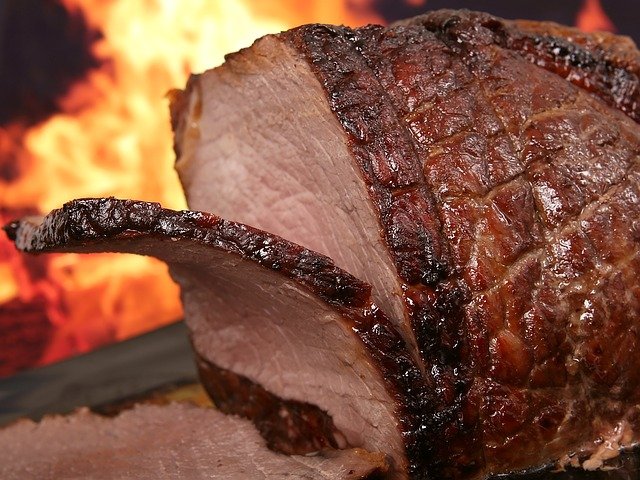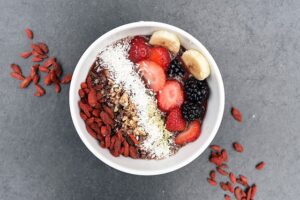Introduction
Protein shakes have gained popularity as a convenient and quick way to meet daily protein requirements. However, when it comes to pregnancy, there are concerns about the safety and potential risks associated with consuming protein shakes. In this article, we will delve into the topic of protein shakes when pregnant and explore whether they are a suitable option for expectant mothers.
Are protein shakes safe during pregnancy?
Importance of protein during pregnancy: Protein is an essential nutrient required for the growth and development of the baby, as well as the overall health of the mother. It plays a crucial role in building and repairing tissues, producing enzymes and hormones, and supporting the immune system.
Nutritional needs during pregnancy: The recommended daily protein intake for pregnant women is around 70 grams. While it is possible to meet this requirement through a balanced diet, some women may find it challenging to consume enough protein-rich foods. This is where protein shakes may come into consideration.
Choosing the right protein shake: If you decide to incorporate protein shakes into your diet during pregnancy, it is important to choose a high-quality product specifically formulated for pregnant women. Look for shakes that are low in added sugars, artificial additives, and unnecessary ingredients. Consulting with a healthcare professional or a registered dietitian can help you make an informed decision.
Potential risks and considerations
Contamination and quality control: One of the concerns with protein shakes is the potential for contamination or poor quality control. Some protein powders may contain harmful substances or heavy metals, which can be harmful to both the mother and the baby. It is crucial to choose reputable brands that undergo rigorous testing and adhere to safety standards.
Artificial sweeteners and additives: Some protein shakes may contain artificial sweeteners or additives that are not recommended during pregnancy. These additives can have potential adverse effects on both maternal and fetal health. Reading labels and avoiding shakes with artificial ingredients is essential.
Individual allergies and sensitivities: Protein shakes often contain common allergens such as dairy, soy, or gluten. If you have known allergies or sensitivities to these ingredients, it is important to choose a protein shake that is free from allergens that may trigger a reaction.
Alternatives to protein shakes
Natural food sources: While protein shakes can be a convenient option, it is always best to prioritize whole food sources of protein. Lean meats, poultry, fish, eggs, dairy products, legumes, nuts, and seeds are excellent sources of protein that can be included in a well-balanced diet during pregnancy.
Homemade protein shakes: If you prefer to have more control over the ingredients, you can consider making your own protein shakes at home using natural ingredients. This way, you can ensure the quality and safety of the ingredients used.
Conclusion
Protein shakes can be a convenient way to supplement protein intake during pregnancy, but it is essential to choose high-quality products that are safe for both the mother and the baby. It is advisable to consult with a healthcare professional or a registered dietitian before incorporating protein shakes into your pregnancy diet. Additionally, prioritizing whole food sources of protein is always recommended.
References
– American Pregnancy Association: www.americanpregnancy.org
– Mayo Clinic: www.mayoclinic.org
– National Health Service (NHS): www.nhs.uk











